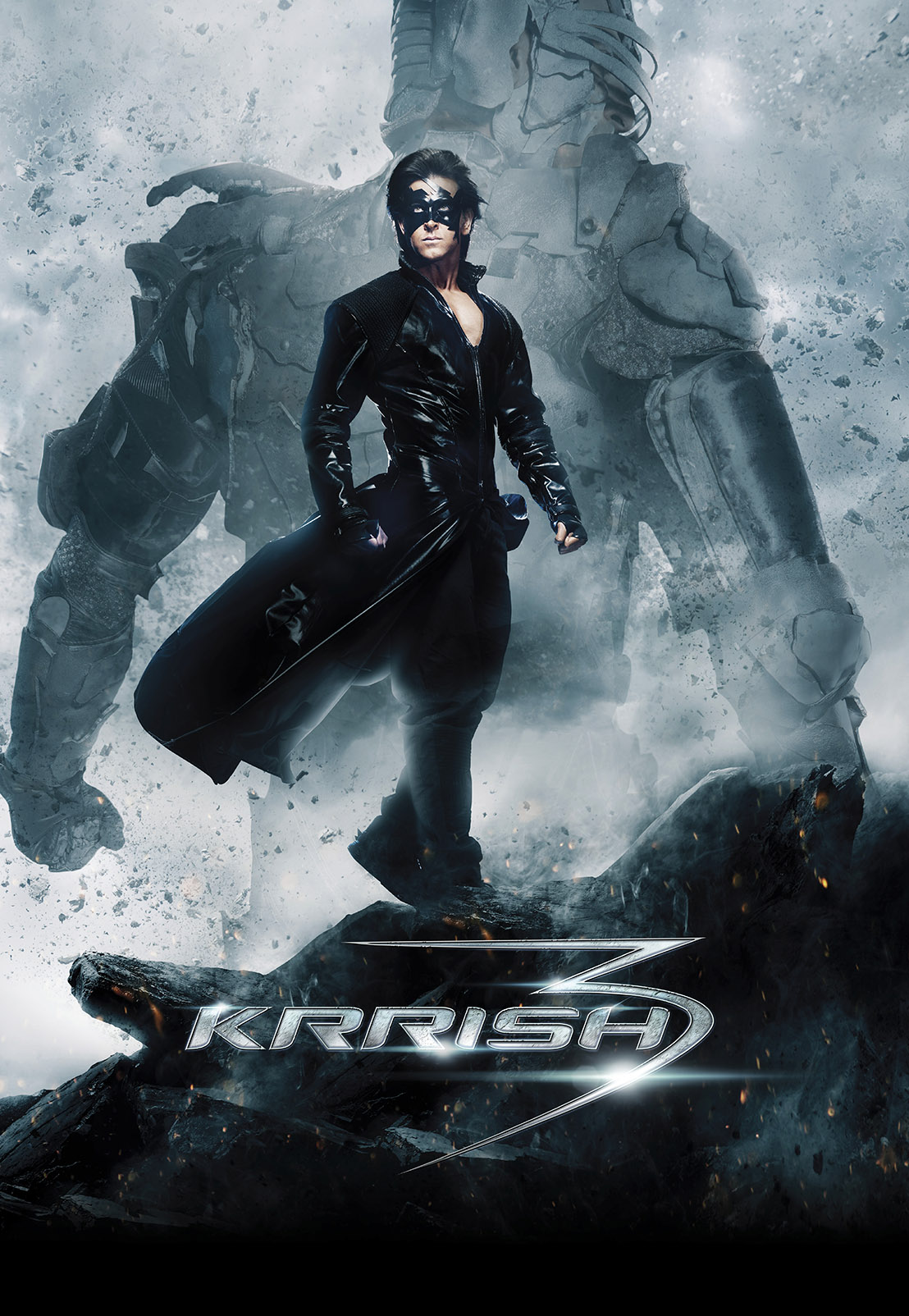[In response to this.]
The article linked above lists some pointers that supposedly prove how, reading books the 'traditional' way is better than doing so on a Kindle. I, being a staunch e-book loyalist take immediate objection to such an absurd notion. I do not hate reading 'real' books, clasping them in my hand, smelling the yellowing pages and the like, but owning a Kindle has made me look beyond the tactile trappings of the book-reading process. It has lent me a greater sense of meaning and purpose to reading a work of literature. I now value words, ideas and stories more than the medium they are packaged in, because at the end of the day, little else matters.
Read on as I provide sound counter-arguments to the points put forth in the article:
‘You can’t write your
name in it, as if to mark it with pride as its original owner.’
Besides the point. You can, more importantly, name your e-book device anything
you want. Isn't that cooler in a way: having a personalized book-portal named
to suit your liking, much like a pet?
‘You can’t leave it
places for the next person who finds it to enjoy.’
*can.
‘You can’t add it to a
bookshelf to expose its intriguing binding.’
Again, merely a touch-feel barrier. Grow up and stop whining, you sound
like a pre-teen throwing a tantrum for having their pacifier snatched away.
‘You can’t pile it on
top of others, showcasing your accomplishments as a reader.’
But you CAN boast a finished book by the emboldened dots under its title. Go
buy a Kindle for further reference.
‘You can’t keep your
coffee cups on it after you’ve long finished reading its pages over and over.’
You can, technically. But do bear in mind that the universe cannot keep pace
with your stupid, cantankerous pet-peeves.
‘You can’t find first
editions to continue adding to your collection.’
For once, I aver. That’s all; no comeback! You’re in the right on this one.
Touché.
‘You can’t leave notes
in it for the next reader who picks it up.’
You so can! There’s a specialized tool for that in the cheapest of Kindles
(the one I happen to possess).
‘You can’t personalize
it with your own thoughts on its words.’
What is that even supposed to mean? If it is what I think it is, refer to the
last answer.
‘You can’t look for
your favorites in dusty, old used bookstores.’
The same way you cannot travel in those good ol’ steam engines and horse-carriages
and hansoms of the Dickensian era. Or
experience the orgasmic joy of having invented fire by the cavemen. We always
move on from things of the past to things of the present, it’s natural
progression. To obsess and dwell over relics of the bygone is a worthless
engagement.
‘You can’t establish a
collection to admire as it grows.’
Again, *can.
‘You can’t underline
its passages, which you find connection to in every word.’
*can.
‘You can’t highlight
your favorite lines to stumble upon effortlessly when you want to be reminded
of their eloquence.’
BLOODY FUCKING HELL, *CAN!!!!!
‘You can’t smell its
age between the pages.’
Irrelevant to me, but I guess it holds an incalculable charm to some. Agreed,
then.
‘You can’t fall asleep
with it on your face, drifting off into a dream from the imagery it instills.’
Fanciful imaginations. The same would entail if you were to sleep with a
kindle cupped in your hands.
‘You can’t pass it
down to your kids, gifting them with the most moving words of your own young
adulthood.’
Enough already. *can.
‘You can’t start a
conversation when someone recognizes the cover.’
But you can totally start a conversation by spotting a fellow e-book reader
in a crowd of a hundred. Besides, seeing someone interesting enough to read from
an e-book reader is every bit as exhilarating as finding a person reading a
book of your liking.
‘You can’t wrap it in
paper and give it as a gift, to pass on the same lessons it impressed upon you.’
You can gift wrap it if you want. You can deliver books directly to your kin’s
Kindle for them to be pleasantly surprised!
In a nutshell, e-book readers give us an advantage of a much larger range, affordability and portability of books. They prove that technology is not destroying, but reinventing the way we read. This revolution in our understanding of the written word is only momentarily being opposed by a fringe group of inertia-stricken readers who rate the physicality of books over their content matter.
